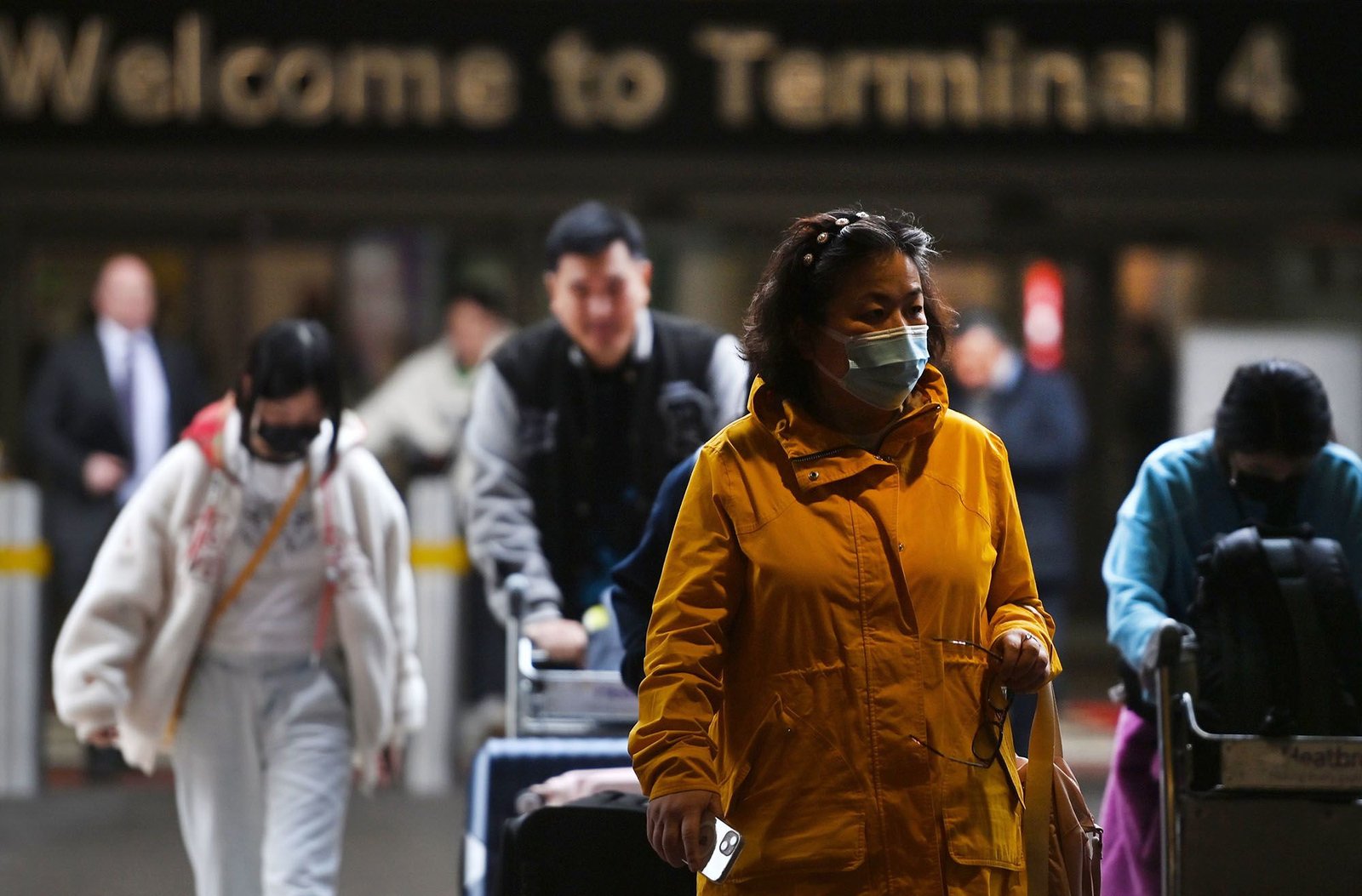Why in the News?
- High-profile rhetoric by international leaders has shifted public debate from illegal migration to criticism of legal migration and permanent settlement.
- Recent political moves and party proposals in the UK (changes to ILR, higher language and income thresholds) signal a new policy direction that links migration to culture and national identity.
Key Highlights
- Global signal: anti-immigrant rhetoric exported
- At a recent international forum, a major world leader publicly attacked “open borders,” sending a strong political signal to nationalist movements abroad.
- This message gave licence to like-minded actors in other democracies to push harder on immigration issues.
- Public mobilisation and far-right visibility
- Large street rallies and appearances by transnational far-right figures brought anti-immigrant themes into mass politics.
- These events reframed migration as a threat to national culture, not merely an administrative challenge.
- Political weaponising: party proposals to roll back permanence
- An upstart political party proposed scrapping Indefinite Leave to Remain (ILR) and replacing it with time-limited visas tied to tough income and language tests.
- The proposal targeted even current ILR holders, creating fear and uncertainty among settled migrants.
- Government response: conditional settlement rules
- The government moved to lengthen qualifying periods and add subjective criteria (higher language levels, no benefits, volunteer record).
- These changes create conditionality — making long-term residence dependent on ongoing tests of behaviour and contribution.
- Broader shift: from settlement to national belonging and race
- Debate escalated from administrative questions about absorption to questions of who culturally belongs.
- This evolution raises the spectre of tiered rights and potential erosion of birthright principles in other democracies.
Implications for India
- Policy contagion risk: Restrictive reforms in one democracy can inspire copycat rhetoric and policy proposals in India, especially around debates on national identity and migration.
- Domestic communal tensions: Nativist discourse overseas can amplify similar narratives in India, increasing the risk of polarisation along regional, ethnic, or religious lines.
- Legal and procedural pressure: International shifts may encourage calls in India for stricter residency checks, affecting internal migrants and cross-border communities.
- Humanitarian obligations tested: A global hardening on migration may reduce space for protection of refugees and asylum seekers in India, complicating responses to crises.
- Economic and labour impacts: If global norms harden, labour mobility and skills exchange could reduce, affecting sectors that rely on migrant workers and international collaboration.
Challenges and Way Forward
| Challenges | Way Forward |
| 1. Rise of nativist and exclusionary narratives — Growing rhetoric portraying migrants as threats fuels social polarisation. | Promote inclusive nationalism through civic education, community dialogues, and awareness campaigns highlighting constitutional equality and India’s plural heritage. |
| 2. Absence of a comprehensive migration and refugee law — India handles issues ad hoc, creating legal ambiguity and unequal protection. | Enact a National Migration and Refugee Framework Law defining rights, categories, and due process aligned with humanitarian principles. |
| 3. Politicisation of citizenship and identity — Linking citizenship status to religion or ethnicity risks eroding rule of law. | Ensure transparent, independent oversight of citizenship and registry processes; uphold constitutional equality and judicial review. |
| 4. Border management vs. humanitarian obligations — Security-driven approaches can harm legitimate asylum seekers. | Develop humane border protocols with screening, documentation, and temporary protection; train personnel in humanitarian standards. |
| 5. Vulnerability of internal and cross-border migrant workers — Many lack legal status, social security, and grievance redressal. | Implement portable social security, register migrant workers, and ensure inter-State coordination for welfare delivery. |
Conclusion
The UK episode shows how migration debates can move from administrative rules to questions of belonging and identity. For India, the lesson is to build clear laws, robust institutions, and inclusive narratives before nativist politics take root. A balanced policy must protect security while upholding constitutional equality and humanitarian obligations.
| EnsureIAS Mains Question Examine how international nativist politics influence domestic migration policy. Analyse the implications for citizenship, social cohesion, and rule of law in India. Suggest institutional and policy measures to safeguard constitutional values while managing migration effectively. (250 Words) |
| EnsureIAS Prelims Question Q. Consider the following statements about citizenship and migration law: 1. Birthright citizenship (jus soli) is absolute and cannot be changed by a democratically elected legislature. 2. A government can amend citizenship rules through legislation, subject to constitutional limits and judicial review. Choose the correct option: A. Only 1 Answer: B. Only 2 Explanation: Statement 2 is correct: Governments can change citizenship laws by passing legislation. Such changes must, however, conform to constitutional protections (for example equality and due process) and can be reviewed by the judiciary to prevent arbitrary or discriminatory measures. |
Also Read | |
| UPSC Foundation Course | UPSC Daily Current Affairs |
| UPSC Monthly Magazine | CSAT Foundation Course |
| Free MCQs for UPSC Prelims | UPSC Test Series |
| Best IAS Coaching in Delhi | Our Booklist |




